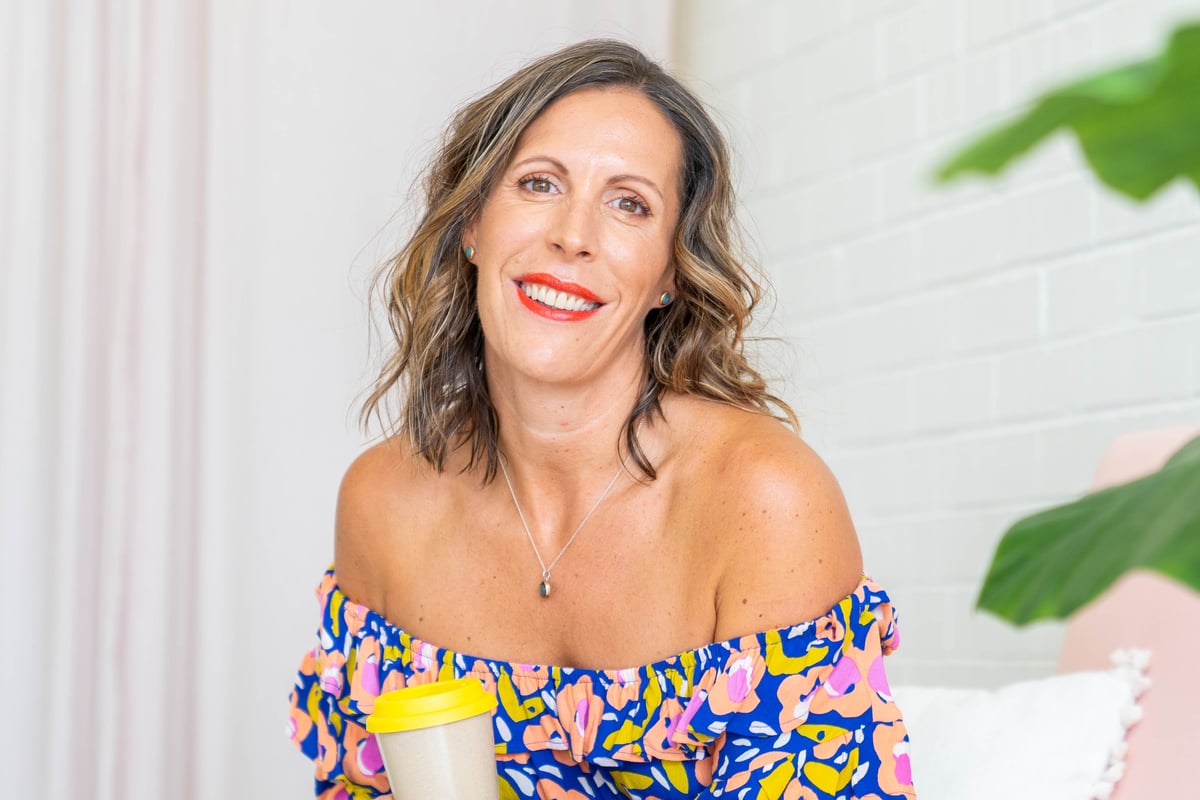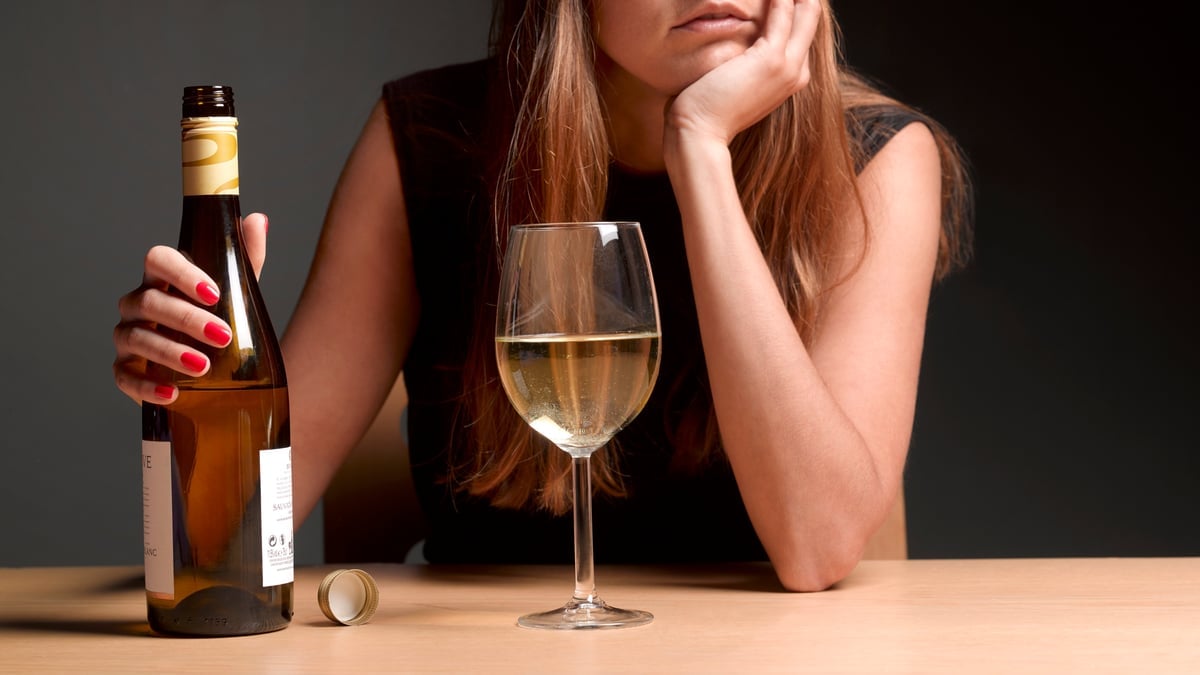
This post deals with alcoholism and may be triggering for some readers.
I thought alcohol was the solution to my anxiety – turns out it was the cause.
As the clock approached 5pm, I could feel the physical changes in my body begin as the anticipation of pouring that first glass of wine began to take hold. It had been another busy and highly stressful day of juggling work deadlines, meetings, two young kids, after-school activities, fitting in time for the gym and making sure there was food in the fridge to put something together that vaguely resembled a passable meal that evening.
Fueled by caffeine, protein shakes and adrenalin, I had almost made it through another day.
I felt tense, agitated and overwhelmed. The only thing in my toolkit that I knew would calm me down and ensure I could fall asleep, was my wine.
Watch Your Body After 1 Year Without Alcohol. Post continues after video.
I’d always been a binge drinker before kids. I loved a party and while it did register somewhere at the back of my mind that I seemed to love a party just a bit more than my friends; I brushed it off and dismissed it as me loving to have a good time.




Top Comments